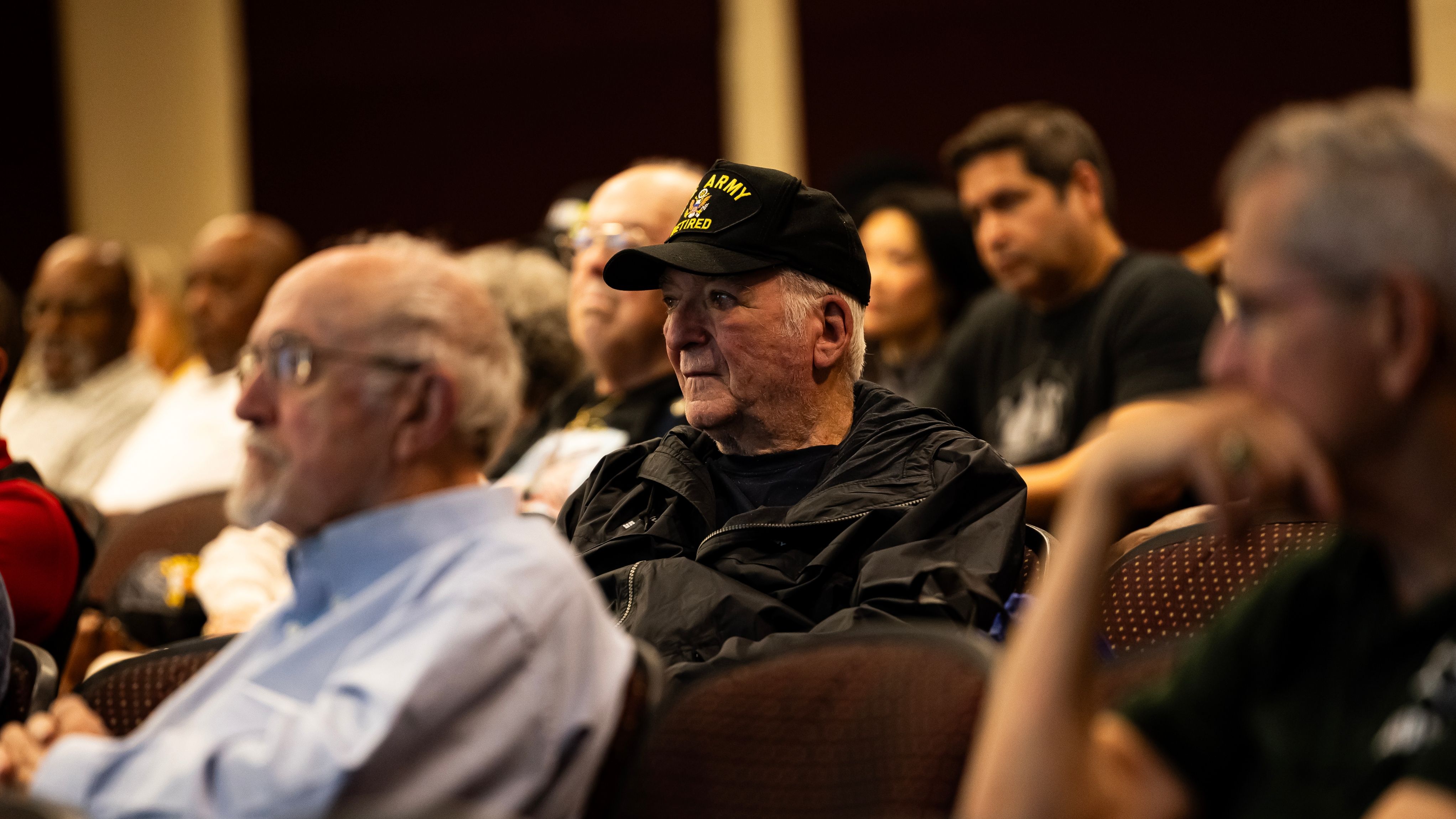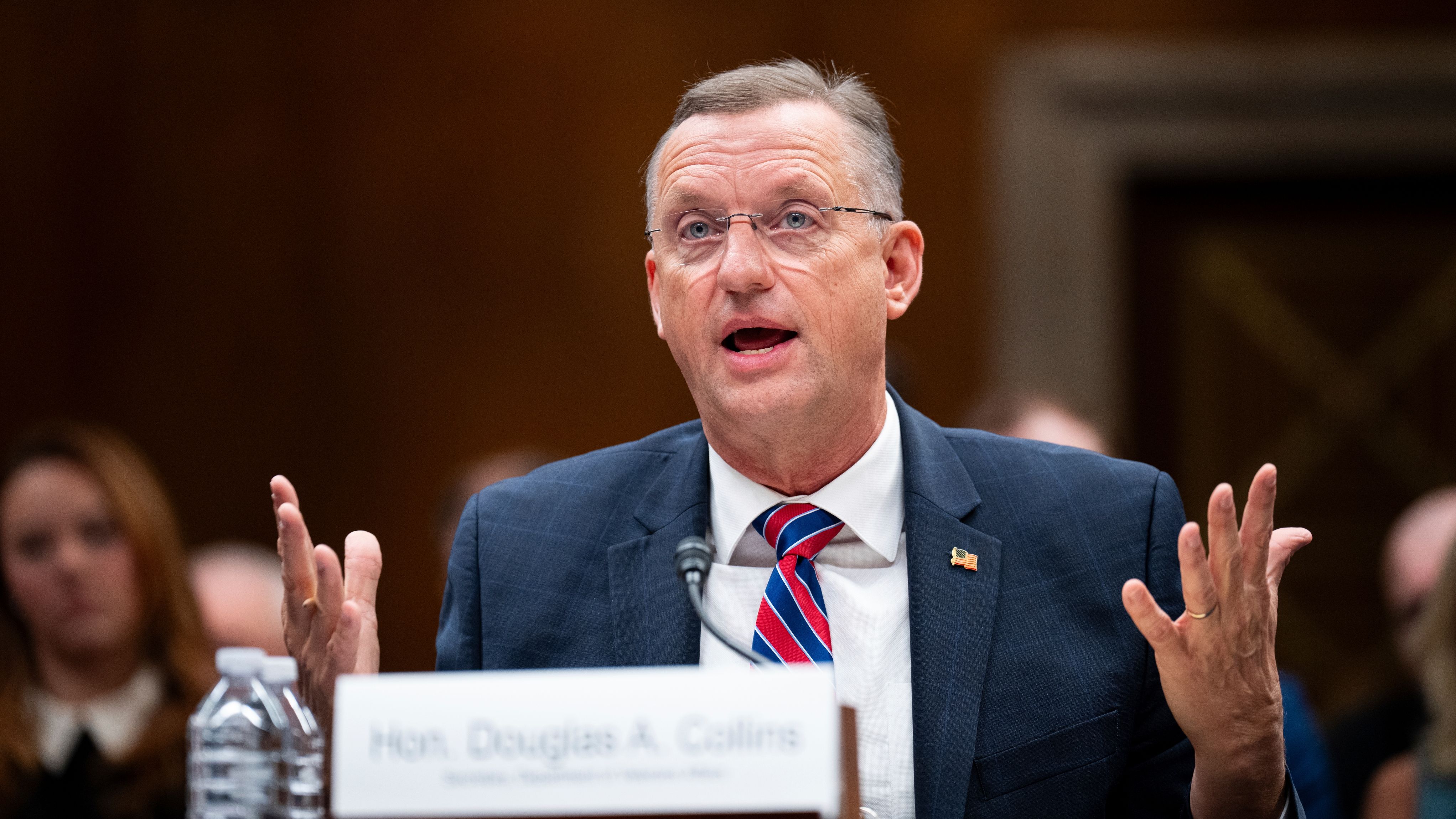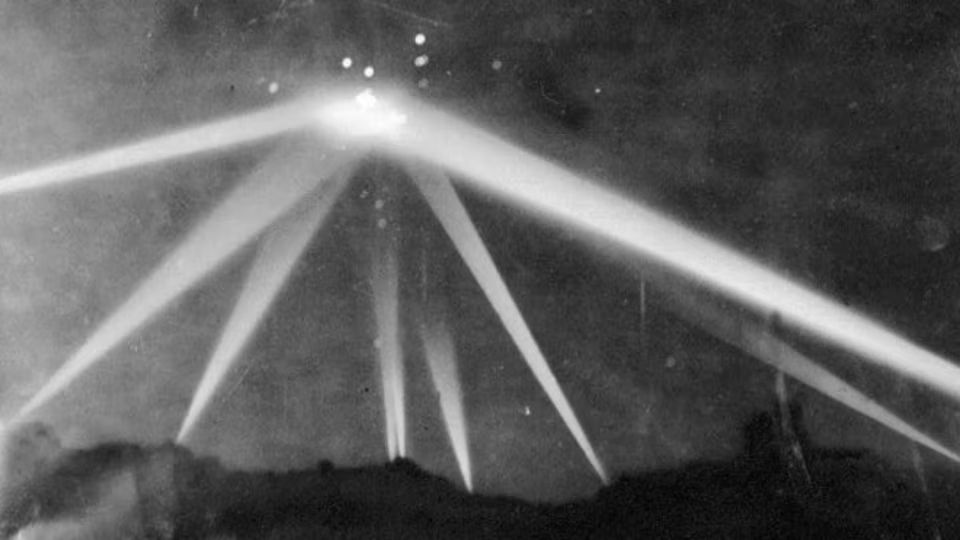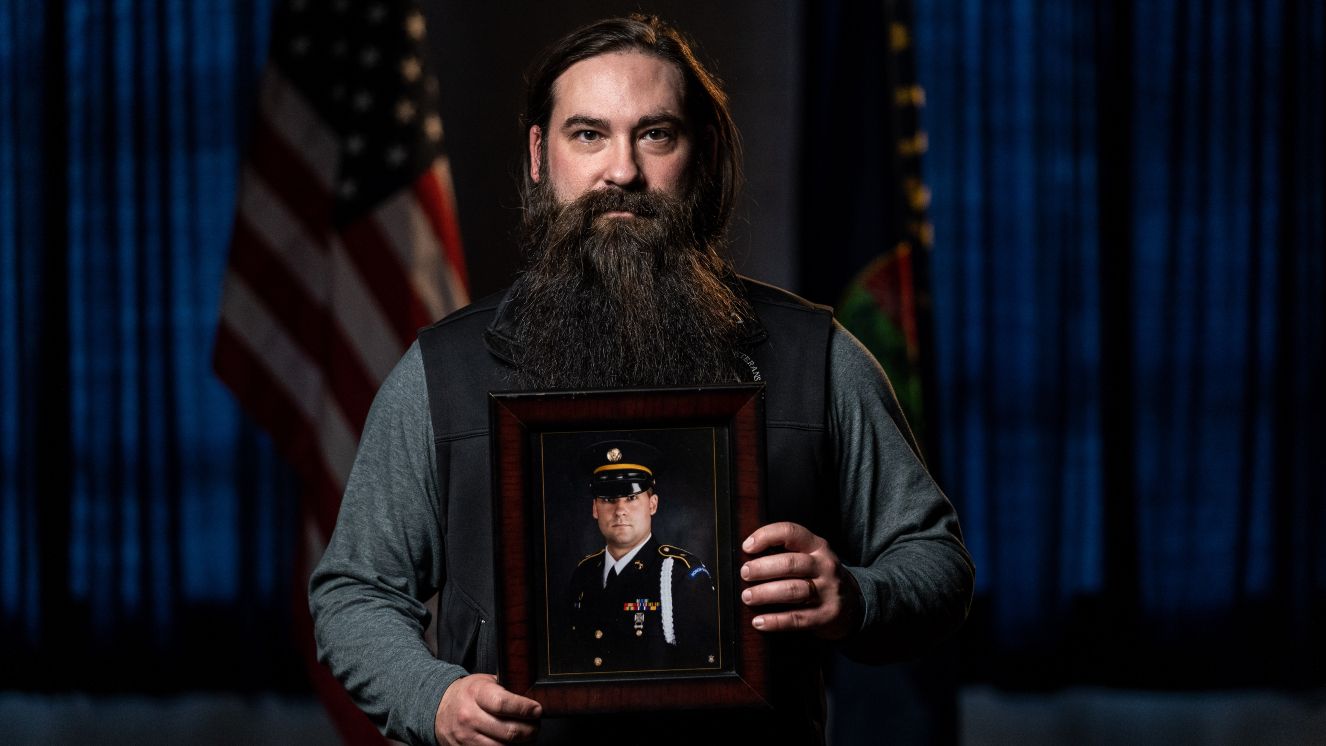PENTAGON SETTLES LGBTQ VETERAN DISCHARGE POLICY CASE
COMMENT
SHARE

A major deal between the Department of Defense and LGBTQ advocates finally came to fruition this week. The main objective of this agreement is to improve the procedures for Veterans who were discharged from the military due to the "don't ask, don't tell" policy.
The deal will make it easier for thousands of affected LGBTQ Veterans to apply for the honorable discharges that they deserve in the first place. This might end years of injustice and discrimination against our LGBTQ+ military heroes by acknowledging their service and effort in fighting for the country. They will also be granted access to benefits they have long been denied.
Pentagon and LGBTQ Advocates on Historical Discrimination
The action, which potentially affects over 30,000 Veterans, puts an end to a 17-month court struggle. The Justice for LGBTQ+ Veterans organization said in a statement that the settlement would provide those veterans with a reasonable route to seek honorable discharge status, thereby addressing ongoing prejudice against them.
One of the plaintiffs in the case, Jules Sohn, stated they were proud to stand as a Marine alongside their fellow service members and embrace the core values of honor, courage, and commitment. However, the suffering and unfairness of being let go under discriminatory rules like "don't ask, don't tell" have persisted for years.
This historic settlement is a measure to guarantee that no service member ever experiences such discrimination again, in addition to acknowledging those wrongs. Before it can be finalized, the accord still needs court officials' approval. A new military appeals process would allow Veterans to pursue changes to honorable discharge status as early as this summer, according to the agreement.
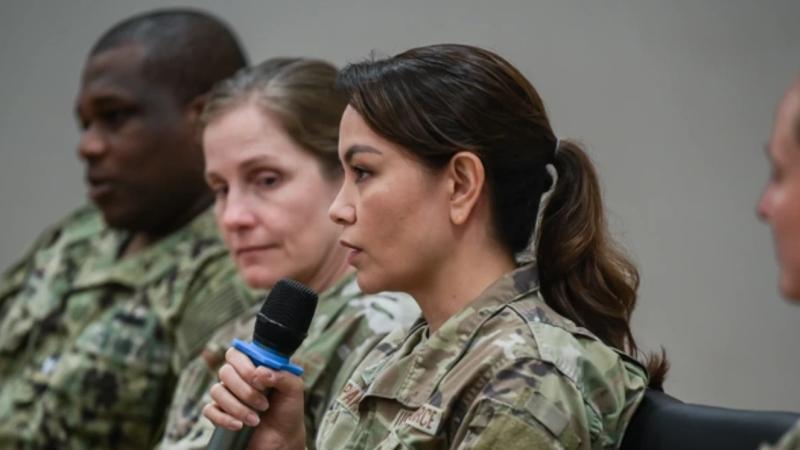
Impact of 'Don’t Ask, Don’t Tell' Policy on LGBTQ Veterans
In 1993, the military implemented the "Don't Ask, Don't Tell" policy as a compromise to permit homosexual, lesbian, and bisexual people to serve in the military to a certain extent. However, supporters claimed that the policy was applied arbitrarily and unfairly. This forced those Soldiers to hide some details about their private lives from superiors and acquaintances, which harmed the dynamics of the unit.
Many discharges were subject to commanders' unreasonable decisions regarding their Veterans' status. Honorable discharges were eligible for medical and educational benefits for Veterans. There was no post-military assistance available to those with less than honorable discharges.
According to Defense Department records, the policy prompted about 13,500 service members to leave the military. This was repealed in 2011, which was the first time that gay, lesbian, and bisexual people were allowed to serve openly in the military.
Pentagon's 2023 Military Discharge Policy Updates for Veterans
Following a year-long review of service records, Pentagon officials announced in October that about 800 Veterans who had previously been dismissed from the military due to their sexual orientation would have their dismissals automatically upgraded to honorable discharges.
The VA has also pledged to alter the way they manage those people's benefits. However, the new deal would go one step further by offering a more straightforward procedure for changing military records.
The removal of discriminatory sexual orientation indicators from DD-214 paperwork without requiring a formal Board of Corrections process is one change. Another would mandate that, without filing a fresh appeal, the Defense Department examine all discharges that fall short of honorable standards under "don't ask, don't tell" for possible enhancements.

Pentagon’s Efforts in Addressing These Discharges
The Pentagon has struck a record court settlement with over 35,000 LGBTQ members of the armed forces who were fired due to their sexual orientation and frequently refused an honorable discharge and the range of services they had earned.
Over the past year, the Pentagon has made a number of promises to make amends for the wrongs done to LGBTQ service members. A Pentagon spokesperson stated that the service had tried to simplify the upgrading procedure to a brief, two-page application at the time the civil rights lawsuit was filed.
Applications for a discharge review no longer need legal assistance, according to the department, and the discharge review boards continue to strive to finalize 90% of all cases within 10 months as required by statute.
LGBTQ advocates and support groups thought the case might at least assist the 35,000 veterans who had previously been identified by a Defense Department Freedom of Information Act request. The full extent of historical discrimination against gay and lesbian service members is still unclear, and the actual number of Veterans affected may be far higher.
Only 1,375 Veterans have received relief in the form of a discharge upgrade or record correction, according to the Pentagon's most recent data.
Read next:
Join the Conversation
BY ALLISON KIRSCHBAUM
Veteran, Military History & Culture Writer at VeteranLife
Navy Veteran
Allison Kirschbaum is a Navy Veteran and an experienced historian. She has seven years of experience creating compelling digital content across diverse industries, including Military, Defense, History, SaaS, MarTech, FinTech, financial services, insurance, and manufacturing. She brings this expertis...
Credentials
Expertise
Allison Kirschbaum is a Navy Veteran and an experienced historian. She has seven years of experience creating compelling digital content across diverse industries, including Military, Defense, History, SaaS, MarTech, FinTech, financial services, insurance, and manufacturing. She brings this expertis...
